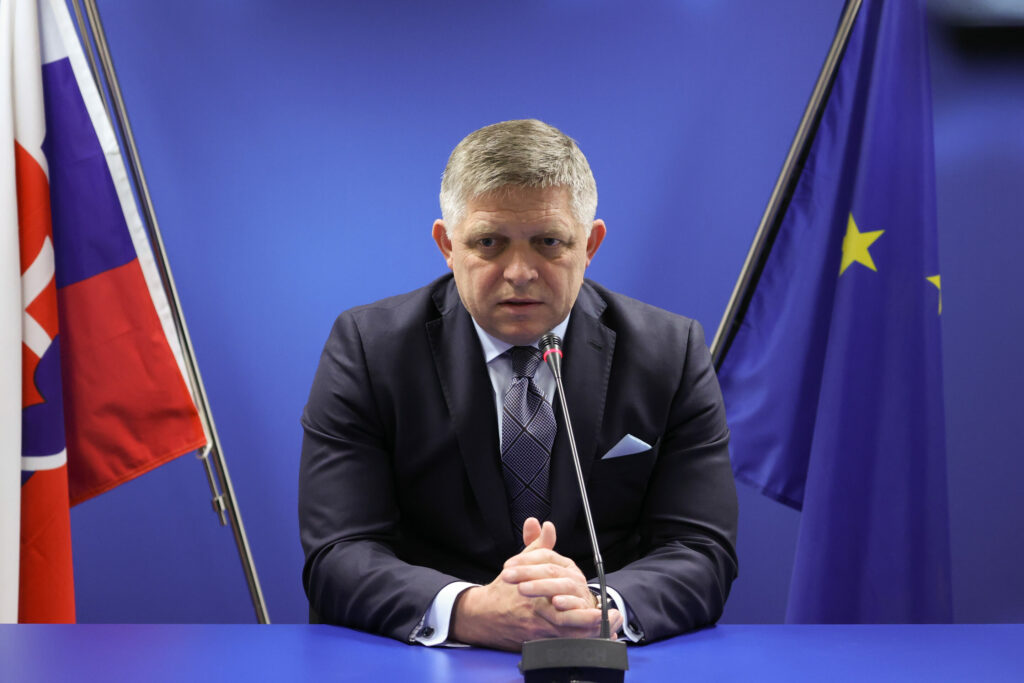The European Commission affirmed that the EU is ready to overcome the end of gas transit through Ukraine following intense criticism from Slovak Prime Minister Robert Fico.
A spokesperson for the Commission stated on Monday that Europe's gas supply infrastructure is sufficiently flexible to provide non-Russian gas to Central and Eastern Europe via alternative routes. "The impact of the end of transit through Ukraine on the EU's supply security is limited," she said.
Ukraine, which has been subjected to Russian invasion for nearly three years, will halt the transit of Russian gas at the beginning of next year.
A transit contract is due to expire, and Kyiv has announced that it will not be renewed. The Commission says it has been working with EU Member States for over a year to prepare for this scenario and ensure alternative supplies to affected Member States.
Europe's gas infrastructure has been strengthened by significant import capacities for liquefied natural gas. Energy efficiency measures and the expansion of renewable energies have also bolstered gas supply security in recent years.
However, this suspension of transit via Ukraine is a problem for neighbouring Slovakia. In a letter to the European Commission in Brussels on Sunday, Fico expressed that "the tacit acceptance of Ukrainian President [Volodymyr] Zelenskyy's unilateral decision" to block Russian gas transit is erroneous and irrational.
He warned that it could lead to "increased tensions and mutual measures." From his perspective, the interruption of gas transit could harm the EU more than Russia.
On Friday, Fico also threatened that his country might stop supplying electricity to Ukraine in retaliation. Zelenskyy suggested that the Slovak leader's remarks were orders from the Kremlin, as Fico visited Russian President Vladimir Putin in Moscow last week. This meeting drew heavy criticism from other EU Member States.

